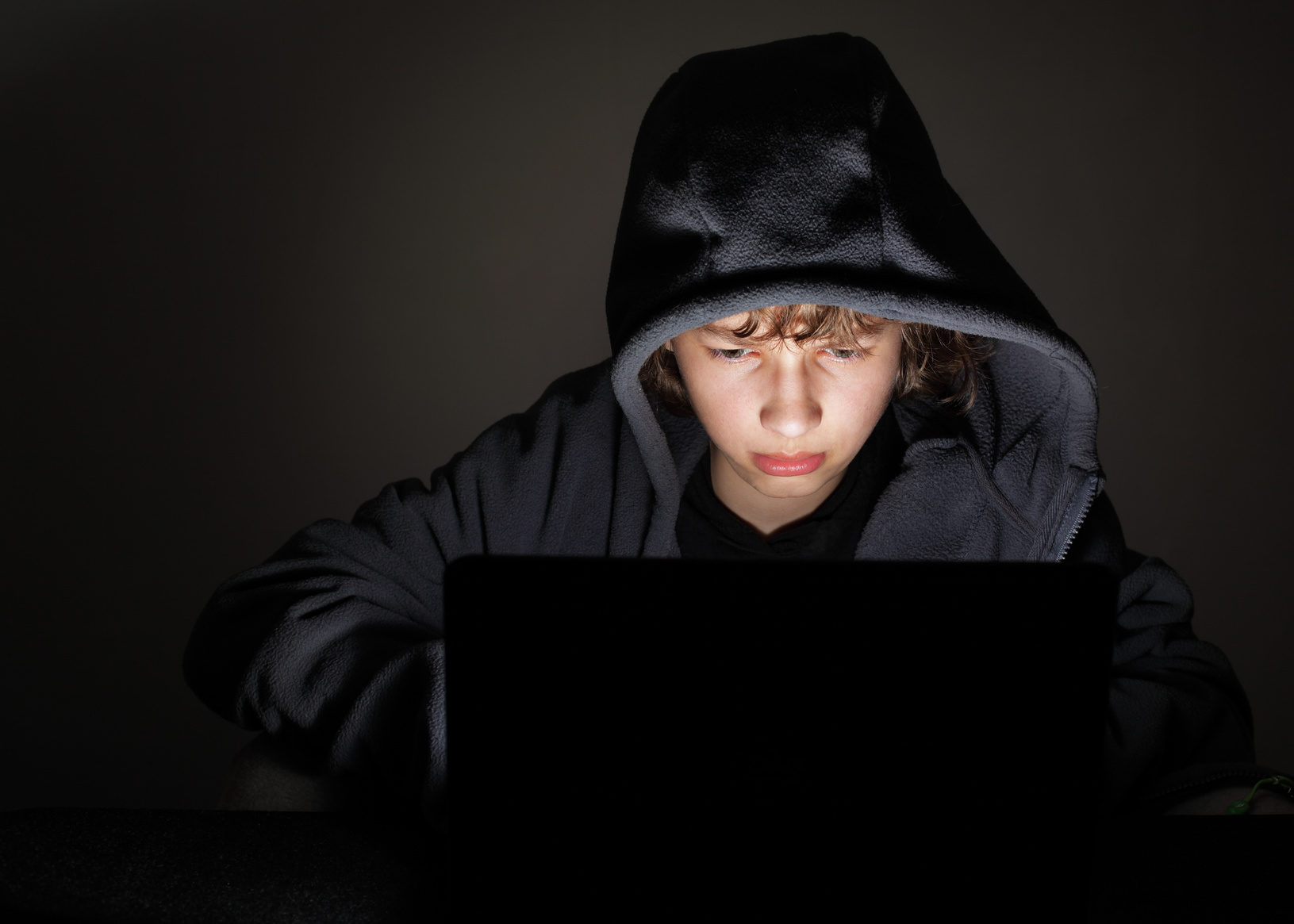
Crimes can be committed by people of any age. When a crime is committed, the consequences may vary depending on the individual’s age and the crime they commit. Children sometimes break the law as well. When this happens, it is known as juvenile delinquency. Juvenile delinquency cases may include committing a crime, a disorderly persons offense, a petty disorderly persons offense, or a violation of a penal statute, ordinance or regulation.
In the state of New Jersey, all juvenile offenders are required to have legal representation. A parent or guardian must retain these services in the event of a juvenile case. If they cannot afford an attorney, a public defender may be appointed to the child’s case.
The goal of the court when dealing with juvenile matters is to hold the child accountable for their actions and rehabilitate them. When the child appears in court, their defense will be provided with a copy of the complaint, detailing the accusation. The judge works to determine whether or not the child is guilty of the crime they are accused of. Depending on the offense, the child may be taken into the custody of a juvenile facility.
The decision that is made is based on the circumstances surrounding the offense as well as the child’s age and if they have a prior record. These cases are handled in one of the following ways:
There are various types of consequences that a child may meet if they are found guilty of breaking the law. This may include but is not limited to:
If you or someone you know is involved in a juvenile delinquency case, contact The Law Office of Kevin T. Conway today.
© 2024 The Law Office of Kevin T. Conway. All rights reserved.